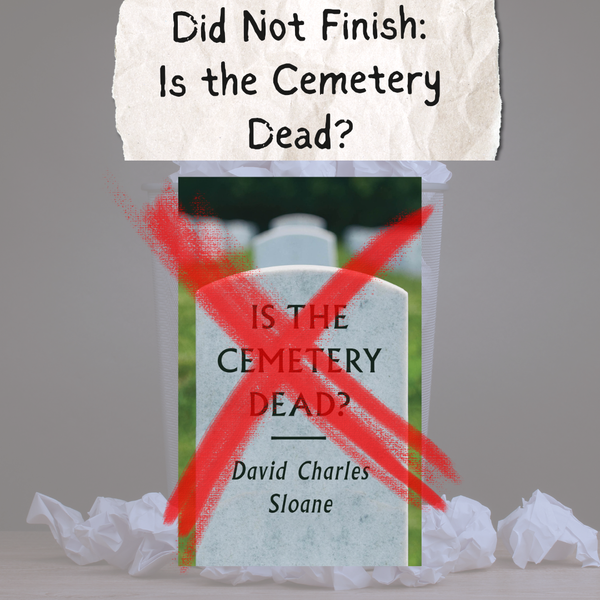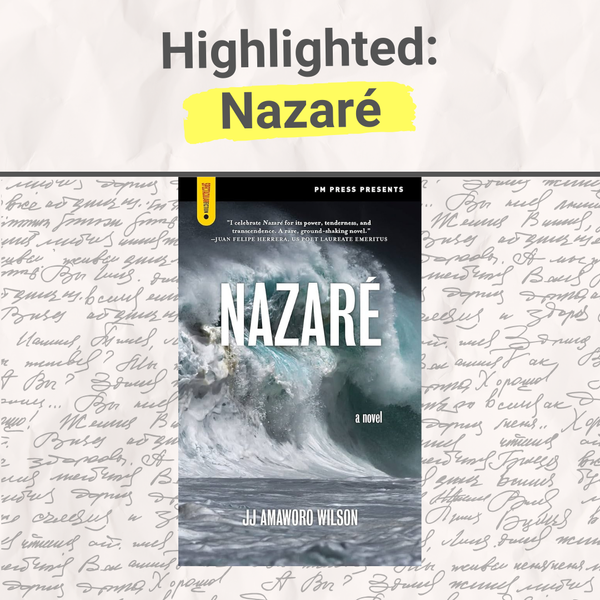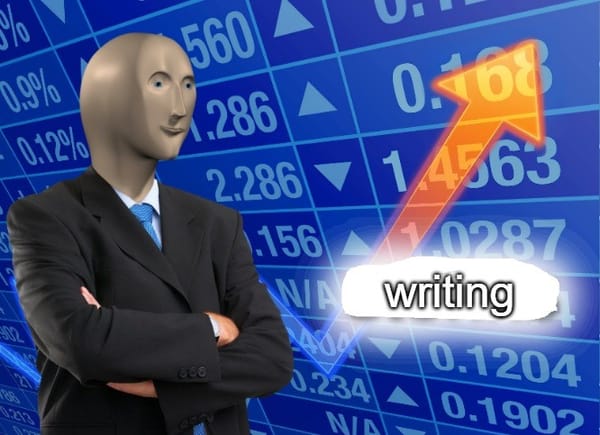DNF: A Fragile Life
Another "book review"

Hi! I'm Matt Wolfbridge and this is Abridged Thoughts, a newsletter about books, literature, writing, the internet, and typewriters.
Last week I debuted Highlighted, a series where I examine select passages from a book I finished.
But what about the books I don't finish?
Uncompleted books arguably demonstrate my tastes and sensibilities even more than the ones I read cover-to-cover. I can finish a book I find to be just OK. For me to stop reading, though, a book has to be antithetical to what I'm looking for.
Enter yet another new book review-ish series here on Abridged Thoughts: Did Not Finish, or as it's abbreviated in the book world, DNF.
The first book to earn the ignominious honor of a DNF appearance is A Fragile Life by Todd May.
The Book
A Fragile Life is (ostensibly) about coping with the unavoidable nature of human vulnerability. We are finite, frail beings who can be broken in any number of ways either physically or mentally. The author, Todd May, is a prolific philosopher who has written over a dozen books.
I chose this book because the callousness of human existence fascinates and horrifies me. We are born without our consent and locked into a body not of our choosing. We suffer to enrich a handful of oligarchs. Then we die. There's no afterlife. There's no karmic justice. There's no god. There's only incomprehensible oblivion at the end. This seems like a raw deal to me!
I remember nodding in agreement when I read Emil Cioran's The Trouble with Being Born and Thomas Ligotti's The Conspiracy Against the Human Race.
I was hoping A Fragile Life would quell my near-constant existential malaise. Alas, the book was so surface level and slow that I couldn't finish it.
Where Did I Stop?
Page 38/221, at the end of the first chapter.
Why Did I Stop?
Let me preface this by saying I'm not trying to be a dick.
I think genuine book criticism is something of a lost art. Shit, I'm old enough to remember when BuzzFeed swore off negative book reviews. And to be fair, that's a great strategy if you're trying to ingratiate yourself with authors and the publishing industry.
I'm not trying to do that.
To me, critical book reviews are a moral necessity. I have a responsibility inform any like-minded people curious about A Fragile Life that the book isn't great.
It starts off fine. In fact, I even highlighted this passage on page two:
The misery and disappointment and despair and loss and pain that are the lot of so many lives become salient to me, they crowd me, dimming the light of the world until it is difficult to see anything but their shadows.
Throw in despair over the climate and the near guarantee that there's no real future worth living in (politically, economically, etc) and you have the psychological cocktail I–quite unwillingly–drink every morning and every night.
I was pumped that May, an expert philosopher, was about to tackle this problems.
Except he really doesn't. At least not in the first 38 pages.
He pollutes the early pages of the book with utterly useless jargon and rhetoric more byzantine than a Rube Goldberg contraption. He defines what a "project" is and what a "practice" is as they relate to human existence, spending way too much time differentiating between the two.
That's most of the first chapter. I was so unimpressed that I started scanning through the rest of the book to see if it got any better. Sadly, nothing changed.
May's look at the problem of existence felt very surface level to me. He didn't dig into neuroscience or any deeper issues related to cognition. A Fragile Life was endless circular and verbose arguments all the way down. I suppose that's my fault for expecting something more than philosophy from a philosophy book.
If you're plagued by existence, pass on A Fragile Life. It won't help.
What's Next?
I like to alternate fiction and non-fiction. But since I didn't actually finish this one, I don't think it counts as fully reading a non-fiction book.
Next on the list might be Is the Cemetery Dead? by David Charles Sloane. Someone very dear to me is in mortuary school. I've been learning a lot about the funerary industry as a result. It's quite fascinating!
I may also read Seven Ways of Looking at Pointless Suffering by Scott Samuelson. But given that I just got burned by a philosophy book, I'm not so sure.




